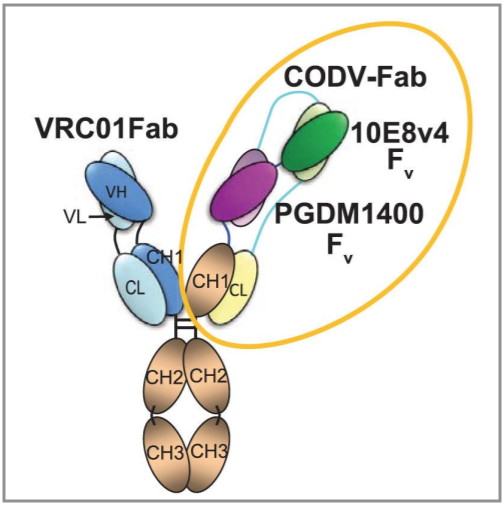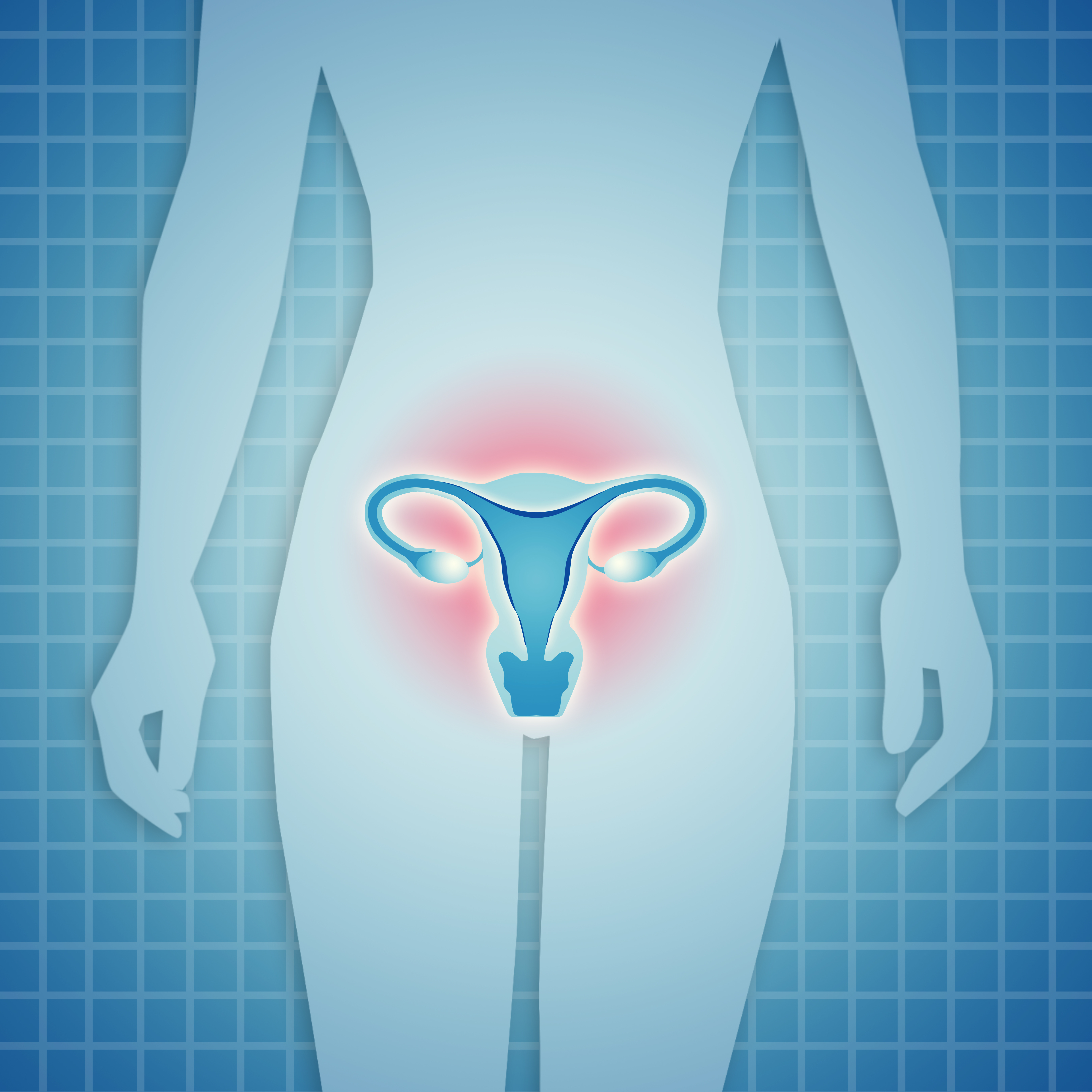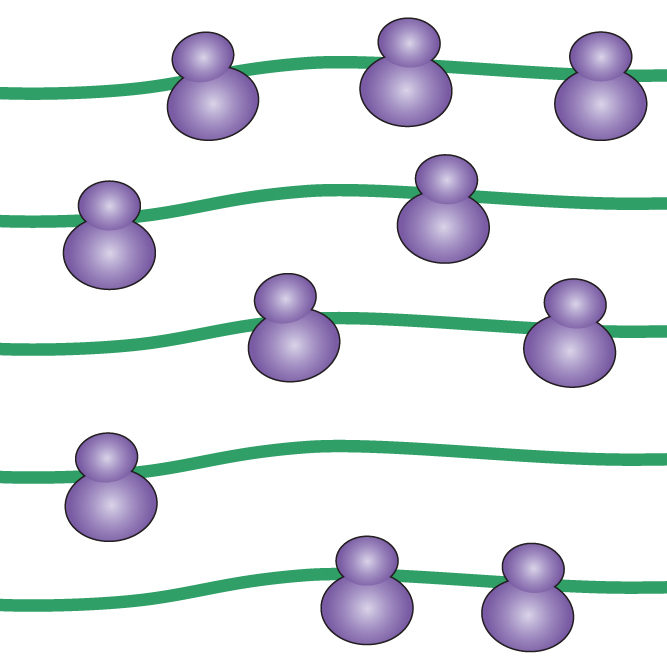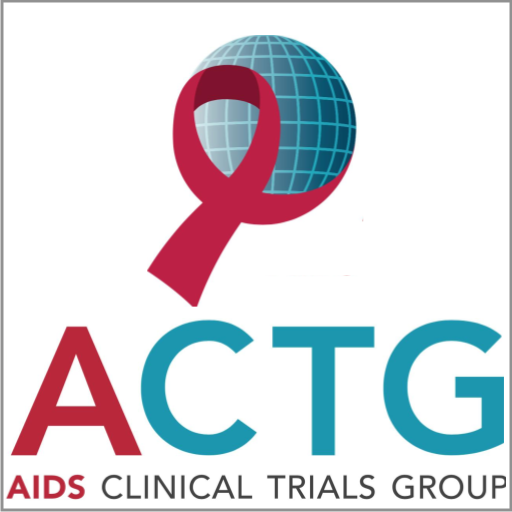The Tsibris Lab studies the biology and dynamics of HIV reservoirs in blood and tissue. We use these insights to expand our understanding of HIV persistence and design and test novel strategies to eliminate latently HIV-infected cells.
Lentiviral integration into CD4+ T cells, and potentially other cell types, is the major barrier to HIV eradication. Efforts to reactivate virus transcription and clear the reservoir through immune-mediated approaches have identified an important problem: the reversal of HIV latency may not generate sufficient virus antigen to clear the reservoir. Our lab seeks to understand precisely what, mechanistically, is required to reactivate HIV translation while minimizing off-target effects on cell function; virtually any eradication approach based on the human immune system will require HIV translation. We use novel technologies to define the transcription factor requirements of robust latency reversal, quantify HIV translation efficiency, and map the cellular pathways that are essential to virus reactivation. Particular interests include HIV-1 reservoir dynamics in women, HIV-2 latency, the role of RNA structure in latency reversal, and the effects of opioid use on virus reactivation. This work leverages our HIV Eradication and Latency (HEAL) cohort and a network of collaborators in industry and academia to deliver on the promise that the use of the word “cure” implies.
The Tsibris Laboratory
Room 435
65 Landsdowne Street
Cambridge, MA 02139






